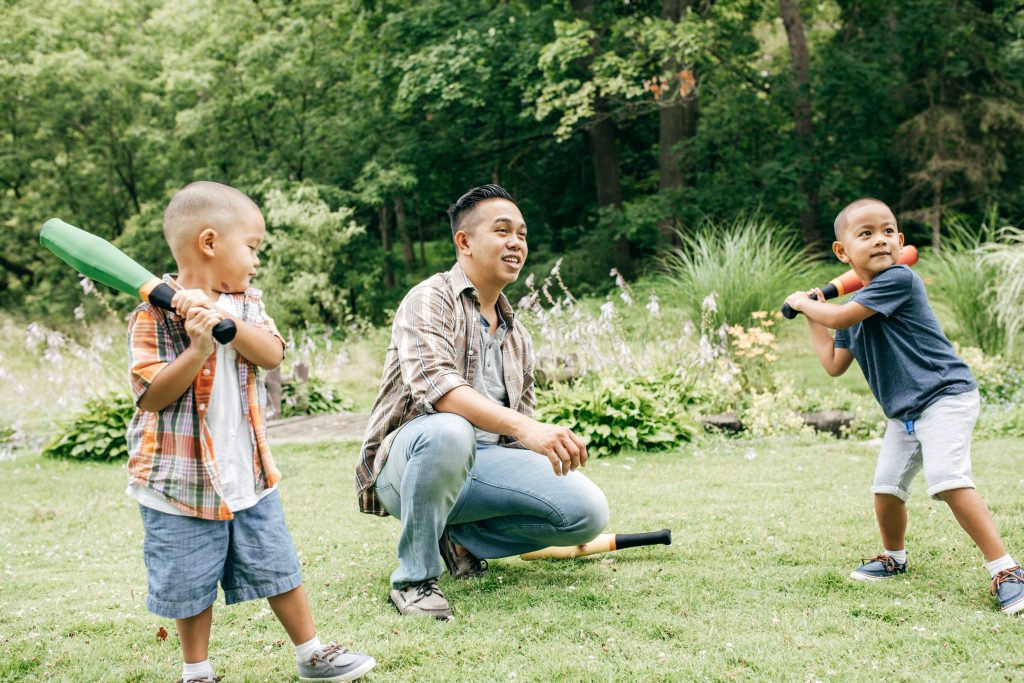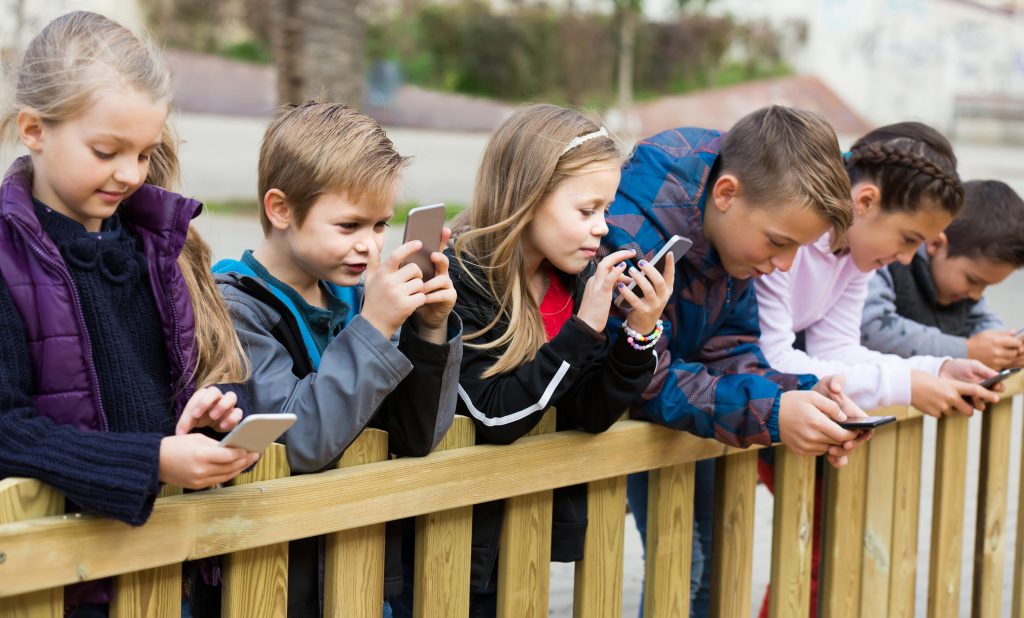The internet and access to online entertainment have become very prevalent in day to day life, especially for children. Children can often spend more time online interacting with friends than they do in real life. This can be a blessing and a curse to parents trying to create a balance between letting there kids be kids and keeping them safe. Here are 5 things parents can do to keep their kids safe online.
1. Know where your kids are
This subject is twofold. Not only do you want to know where your kids are when they are not home, but you also want to know where they are when they are home. Today, being on the internet is like being out in the real world; and reveals the same risks of harm, like exposure to predators. Make sure your child’s access to the internet is in a place where you can monitor it. To begin establishing boundaries, do not let your kids access the internet if they are not in the same room as you; and require them to share what and where they are visiting online. Once you have established boundaries for them and they have acted responsibly, you can loosen those reins and give your children more freedoms.
2. Know what they are doing online
As a parent, it is your responsibility to know what your kids are doing online. There are ways you can monitor this from afar, while also having designated places your children can go that are not only safer but also fun. Let the internet work for you. Use web browser blocking and internet filters to ensure your kids don’t go to unsafe places. You have the ability to find safer alternatives for the places your kids want to go.
3. Give them time limits
The more time kids spend online, the more at risk they can be, and the more shut off from the real world they can become. Be a good role model and put down your phone too. Limit the time they can be online and help them to develop hobbies or interests offline. Join team sports, school clubs, go outside for a hike or have a family game night. In a recent article published by the New Zealand Herald, scientists warn parents, “Children as young as two are developing mental health problems because of smartphones and tablets.” Also adding, “Just an hour a day staring at a screen can be enough to make children more likely to be anxious or depressed.” Scientists also discovered that children who are under five years old and high users of tablets and smartphones are “twice as likely to often lose their temper – and are 46 percent more prone to not be able to calm down when excited.” Vigilance starts early and using electronic devices to distract your kids at an early age may not be the best practice when trying to set the precedent to keep your kids safe online.
4. Openly communicate and be there for them
Have an open conversation with your kids about what and who is online. Make them comfortable about bringing things to your attention, whether it is something they have found on a website, in a video, in a post, or someone being “weird” in a chat room or asking for personal information. The more that they talk to you, the less likely they will confide in someone else. The more you know about their lives, the safer you can help them be.
5. Teach your kids how to be good digital citizens
Teaching children online safety is as important as teaching them how to cross the road. This may seem hard to do, but it is actually quite simple and there are many resources out there that can help you teach your children how to become good digital citizens. Being a good digital citizen means being safe and responsible online. It includes not sharing personal details online, being kind to others, and leaving a positive digital footprint by not posting or sharing anything that may haunt you later in life.
If you are looking for a safer alternative for your kids to be social online or an app to track their location and monitor their social media activity, check out these resources: GromSocial.com (a live, monitored social media destination for kids), MamaBearapp.com (an all-in-one parenting app), and GromEDU.com (for our other available products).




